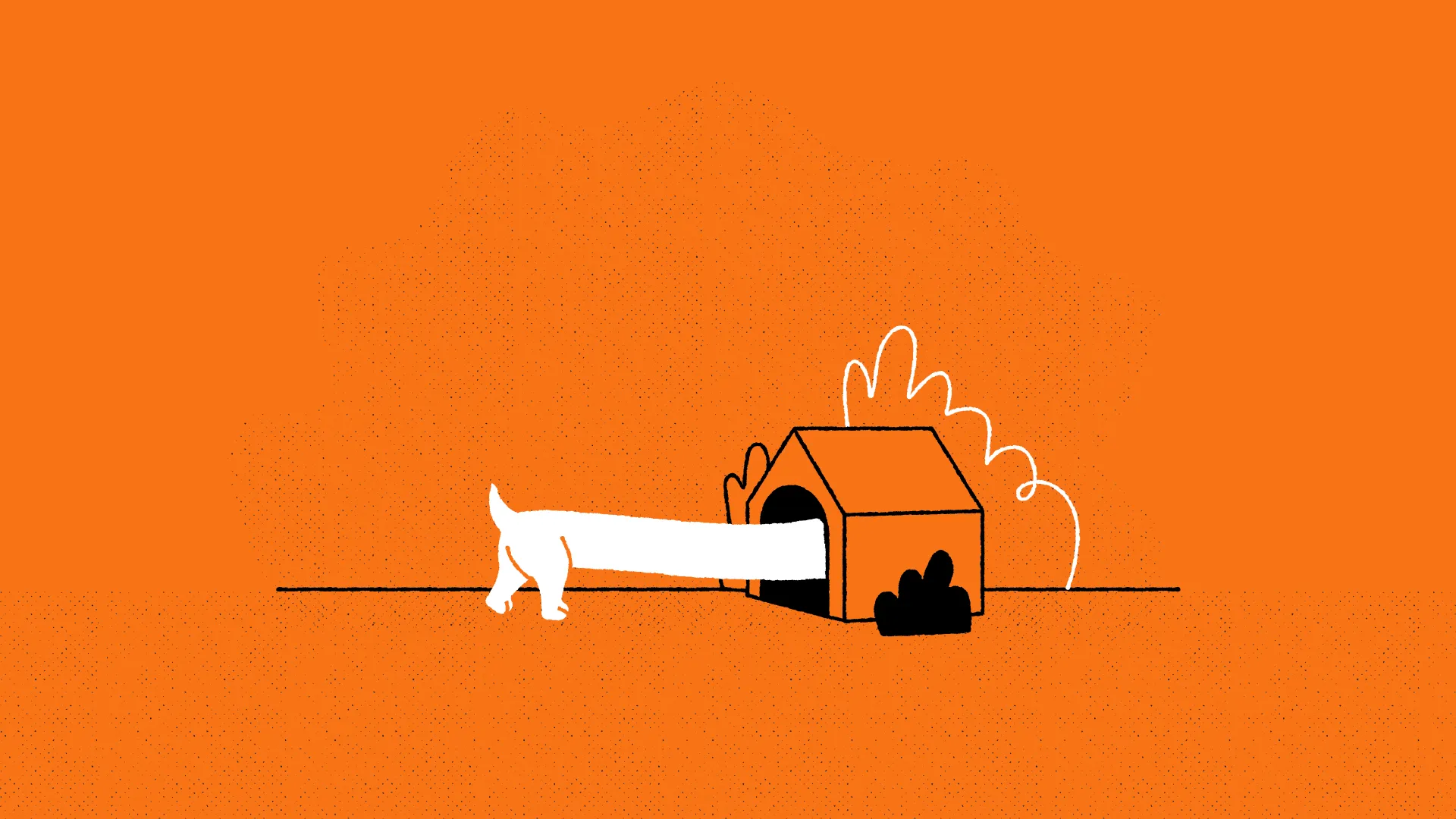What Happens When My Mortgage Ends?
Almost paid off your mortgage? Here's what happens when your mortgage comes to an end and what your options are.
Your home may be repossessed if you do not keep up repayments on your mortgage.
Exclusive broker partner to

Author: Michael Whitehead Head of Content
4 mins
Updated: Oct 28 2024
Author: Michael Whitehead Head of Content
4 mins
Updated: Oct 28 2024
Please be aware that by following any external links you are leaving the Haysto website. Please note Haysto nor HL Partnership Limited are responsible for the accuracy of the information contained within external websites accessible from this page.
On this page
What happens at the end of my repayment mortgage?
Firstly, you celebrate being mortgage-free! If you’re on a repayment mortgage (the most common type) then you’ll have likely paid off your entire loan - and the interest - over the course of the mortgage term. The only time this wouldn't happen is if you’ve fallen behind with your payments. You’d need to keep making repayments until the loan is cleared.
Once your mortgage is paid off, your lender will remove their charge (their legal right to secure a debt against your home) and will return your Title Deeds if you want them. Title Deeds are paper documents showing the chain of ownership for your property.
Your solicitor will have registered the property with HM Land Registry when you bought it, and your lender holds on to the deeds. You don’t need the Title Deeds to confirm your ownership, but it’s probably a good idea to have them as they have useful information such as legal boundaries and the previous owners.
Once this is done, there’s nothing else you need to do. Just make sure you still have buildings and contents insurance.
What happens at the end of my interest-only mortgage?
When you reach the end of your interest-only mortgage, you’ll still have the loan to pay back in one lump sum. As the name suggests, you’ll have only been paying back the interest each month, as opposed to the interest and loan itself.
When you first took out your interest-only mortgage, your lender will have asked you to provide a repayment plan showing how you plan on paying back the lump sum when the time comes.
If you’ve stuck to this repayment plan, then you should be good to go. Popular options for paying back the loan include putting money aside in a savings account, investments, or using money from the sale of another property.
In most cases, you can change your interest-only mortgage to a repayment mortgage at any time. You’ll just need to speak to your lender about how to go about this.
What happens if I can’t pay the lump sum?
Life happens, and sometimes even the most robust plans don’t stay in place. If you’ve come to the end of your interest-only mortgage and can’t pay back the lump sum, you have a couple of options:
Remortgage
It’s possible that you could remortgage, but it’ll be tricky. If you’re thinking about remortgaging, you’ll need to tell your lender as soon as possible - even if your mortgage doesn’t end for a while.
Sell the property
It’s not the ideal choice, but you can sell your property and use the money to pay off the loan. If you’ve had your mortgage for a long time, it’s likely that your property has gone up in value. So you could have a decent amount to put towards a new home.
If you’re confused about your mortgage options, it’s best to work with a mortgage broker. Our Mortgage Experts have seen it all, and know how to solve problems for even the most complex situations. Make an enquiry to find out your options.
Can I take out another mortgage once I’ve paid it off?
Yes, if you own your home outright, there’s nothing stopping you taking out another mortgage on it. This is what’s known as an ‘unencumbered mortgage’.
If you’re looking to take some cash out of your home - known as releasing equity - then remortgaging is a great way to do it. You’re in a good position, so will likely have a wide choice of lenders and mortgages to choose from.

Let's Get Started
We Make Mortgages Possible
Our Mortgage Experts are fully qualified with experience in bad credit, self-employed and complex mortgages. They have a proven track record of getting mortgages for people who’ve been rejected elsewhere.
Get Started Now Get Started NowInformation
Tools & Guides
Haysto, a trading style of Haysto Ltd, is an appointed representative of HL Partnership Limited, which is authorised and regulated by the Financial Conduct Authority.Registered Office: Haysto, Crystal House, 24 Cattle Market Street, Norwich, NR1 3DY. Registered in England and Wales No. 12527065
There may be a fee for mortgage advice. The exact amount depends upon your circumstances but will range from £599 to £1599 and this will be discussed and agreed with you at the earliest opportunity.
The guidance and/or information contained within this website is subject to the UK regulatory regime and is therefore targeted at consumers based in the UK.
Your home may be repossessed if you do not keep up repayments on your mortgage.








